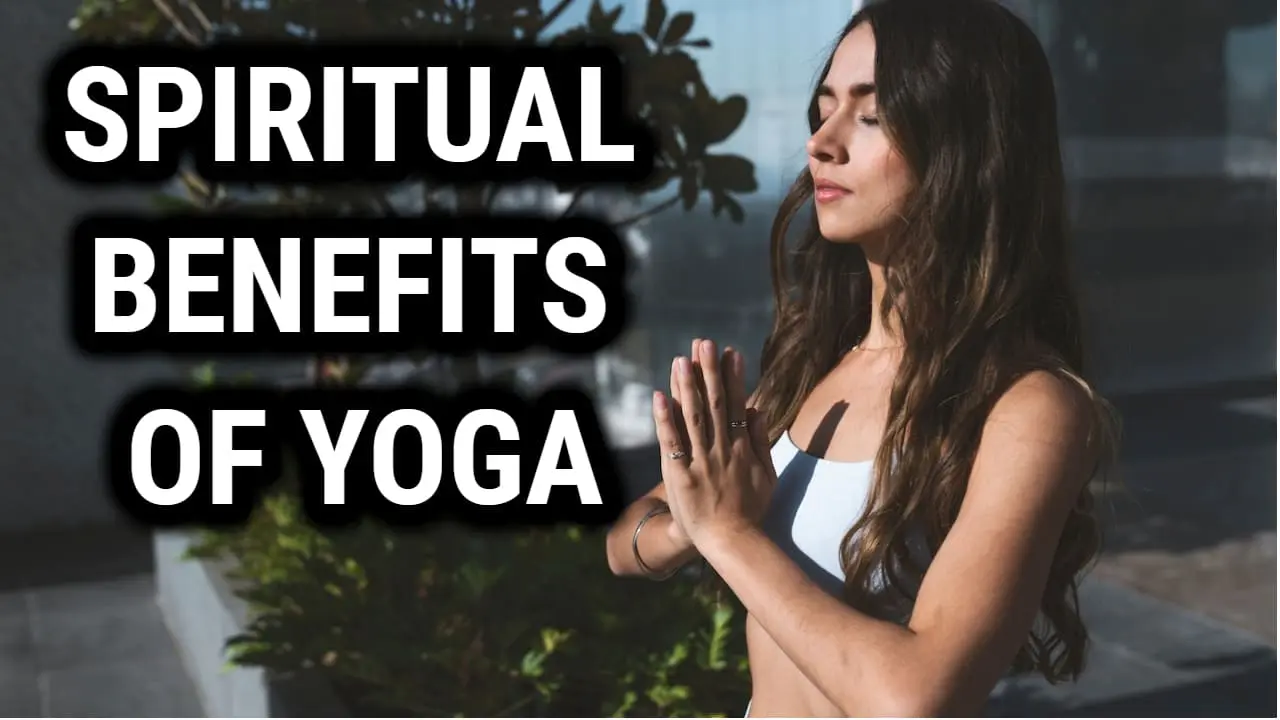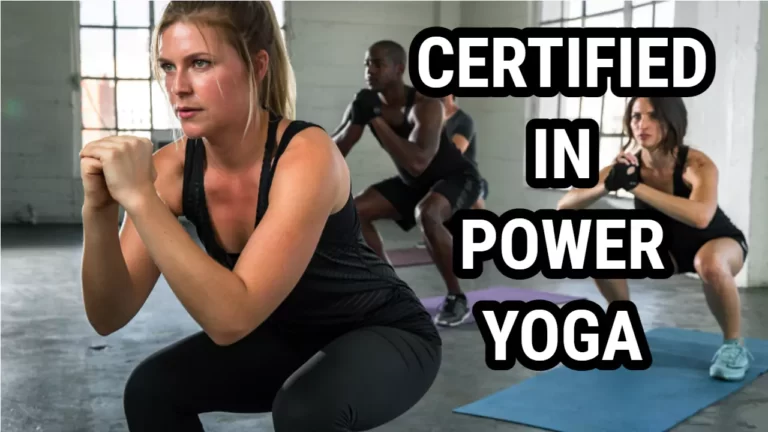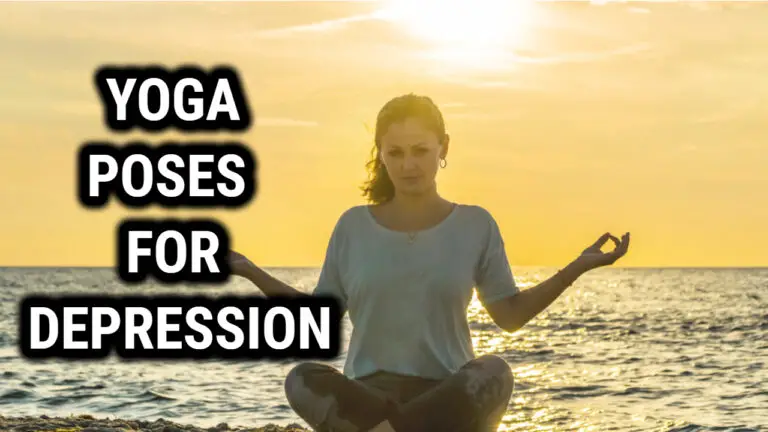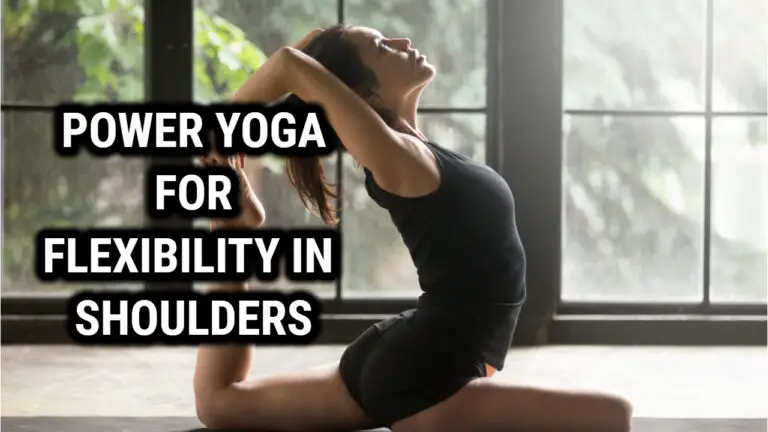Spiritual Benefits Of Yoga – Connecting With Your Inner Self

The Connection Between Yoga And Spirituality
As a yoga expert, one of the first things I like to emphasize to my students is the deep connection between yoga and spirituality. Yoga is much more than just a physical practice – it is a holistic system for the mind, body, and spirit.
Yoga was developed as a way to connect with the divine and achieve spiritual enlightenment. While modern day yoga practices may not always have the same explicit focus on spirituality, the essence of yoga is still very much rooted in the pursuit of a deeper connection with oneself and a higher power.
One way that yoga helps individuals connect with their spirituality is through the practice of mindfulness and meditation. By focusing on the present moment and clearing the mind of distractions, we are able to tap into our inner selves and connect with a deeper sense of purpose and meaning. This can help us feel more grounded and at peace, and can also lead to greater self-awareness and self-acceptance.
Incorporating spirituality into our yoga practice can also have a number of other benefits. It can help us handle stress and negative emotions more effectively, and can lead to a greater sense of peace and inner calm. Many people who regularly practice yoga find that it becomes an integral part of their spiritual journey, and report feeling a greater sense of connection to something larger than themselves.
The spiritual benefits of yoga are vast and varied. Whether you are just starting out on your yoga journey or are a seasoned practitioner, exploring the spiritual aspect of your practice can be a rewarding and enriching experience.
2. The Role of Mindfulness And Meditation in Yoga Practice
- Yoga helps individuals connect with their spirituality through mindfulness and meditation.
- Concentrating on the present moment without passing judgement is the exercise of mindfulness.
- Meditation involves sitting in stillness and focusing on the breath or a mantra.
- These practices can help us quiet the mind and find inner peace and calm.
- They can also lead to greater self-awareness and self-acceptance.
- Incorporating mindfulness and meditation into our yoga practice can be a powerful way to connect with our inner selves and find meaning and purpose.
Related Read: Kriya Yoga Benefits
3. The Benefits Of Incorporating Spirituality Into Yoga Practice
There are many benefits to incorporating spirituality into our yoga practice. Some of the key benefits include:
Increased self-awareness and self-acceptance: By taking the time to connect with our inner selves through mindfulness and meditation, we are better able to understand ourselves and our motivations. This can help us make better choices and live more authentic, fulfilling lives.
Improved ability to handle stress and negative emotions: When we find a sense of inner peace and calm through mindfulness and meditation, we are better able to cope with the challenges and stresses of daily life. This can lead to a greater sense of well-being and overall happiness.
Greater sense of peace and inner calm: When we are able to quiet the mind and connect with our inner selves, we can find a sense of balance and serenity that can be hard to come by in our busy, fast-paced world. This can be especially beneficial for those who are struggling with anxiety or other mental health challenges.
Personal transformation: Many people who regularly practice yoga find that it becomes an integral part of their spiritual journey, and report feeling a greater sense of connection to something larger than themselves. This can lead to significant personal growth and transformation.
Increased sense of connection to the divine through yoga practice: For many practitioners, yoga is a spiritual discipline that helps to bring them closer to a higher power or belief system. Through the physical and mental practices of yoga, such as meditation and mindfulness, individuals may find a greater sense of connection to the divine and a deeper understanding of their faith or belief system.
Spiritual discipline that helps bring individuals closer to a higher power or belief system: Yoga can be a powerful tool for spiritual growth, helping individuals to connect with a higher power and find a deeper sense of purpose and meaning in life. By quieting the mind and opening the heart through yoga practices, individuals may find a stronger connection to their values and beliefs.
Love, compassion, and gratitude can be cultivated through this sense of connection to the divine: As individuals connect with a higher power and cultivate a sense of inner peace through yoga practice, they may also find themselves becoming more loving and compassionate towards themselves and others. This can lead to a greater sense of gratitude and appreciation for the blessings in their lives.
Incorporating spirituality into our yoga practice can have a number of profound benefits, both on a personal and a spiritual level. Whether you are just starting out on your yoga journey or are a seasoned practitioner, exploring the spiritual aspect of your practice can be a rewarding and enriching experience.
Also Read: Corporate Yoga Benefits
Conclusion
One of the key benefits of incorporating spirituality into our yoga practice is the sense of connection and belonging it can bring. When we connect with our inner selves and a higher power through mindfulness and meditation, we may feel a sense of belonging and purpose that can be hard to find elsewhere.
For many people, this sense of connection and belonging is especially important during times of hardship or uncertainty. When we feel lost or disconnected, turning to our yoga practice can help us find a sense of meaning and purpose that can help us weather the storm.
This sense of connection and belonging can also be a source of support and inspiration for our daily lives. When we feel connected to something larger than ourselves, we may be more motivated to make positive changes in our lives and be of service to others. This can lead to a greater sense of fulfillment and overall happiness.
The sense of connection and belonging that comes from incorporating spirituality into our yoga practice can be a powerful source of support and inspiration in our daily lives. Whether you are just starting out on your yoga journey or are a seasoned practitioner, exploring the spiritual aspect of your practice can be a rewarding and enriching experience.






